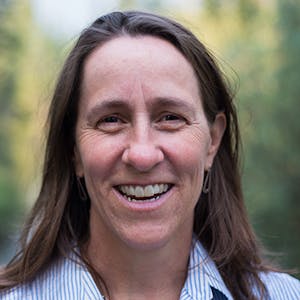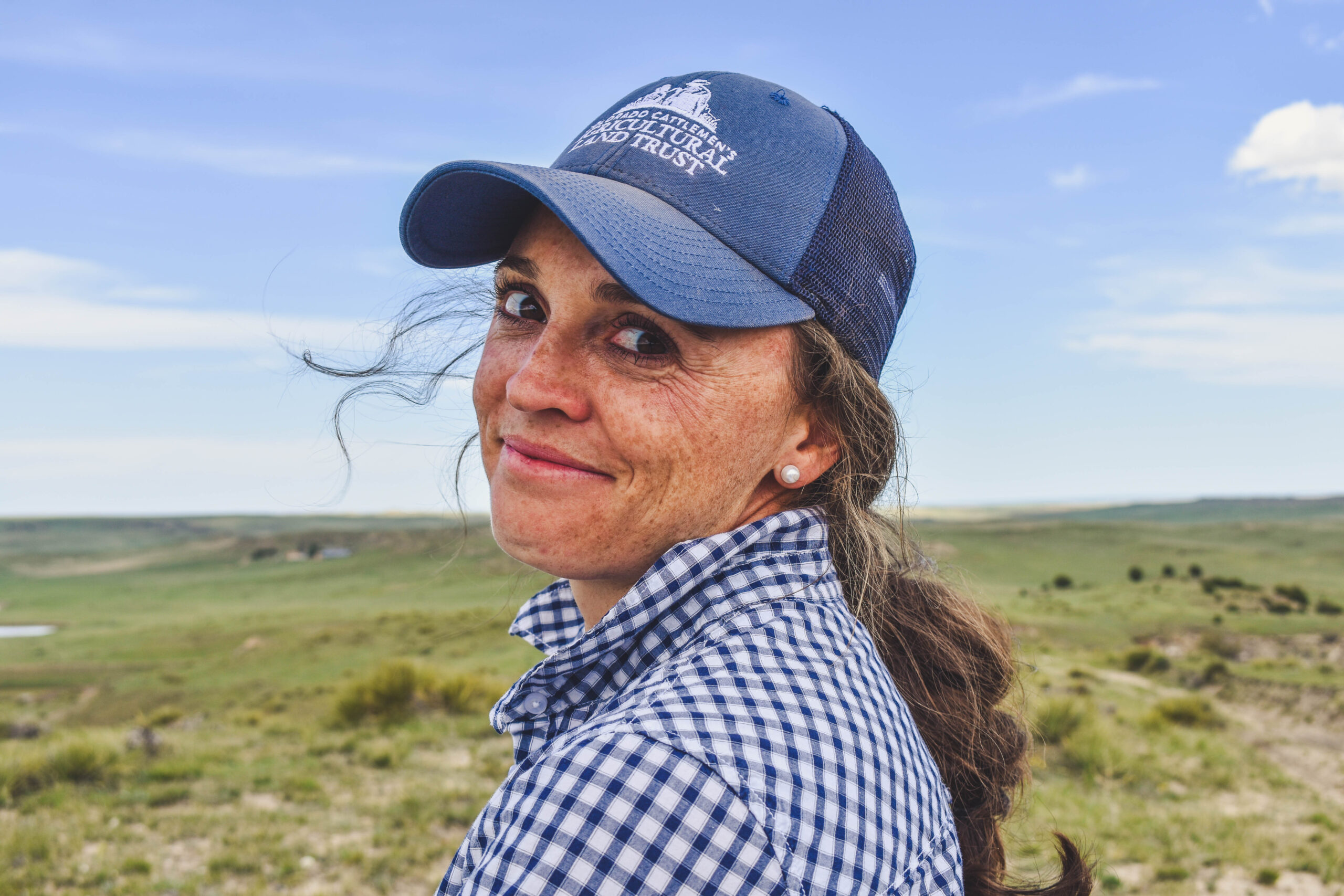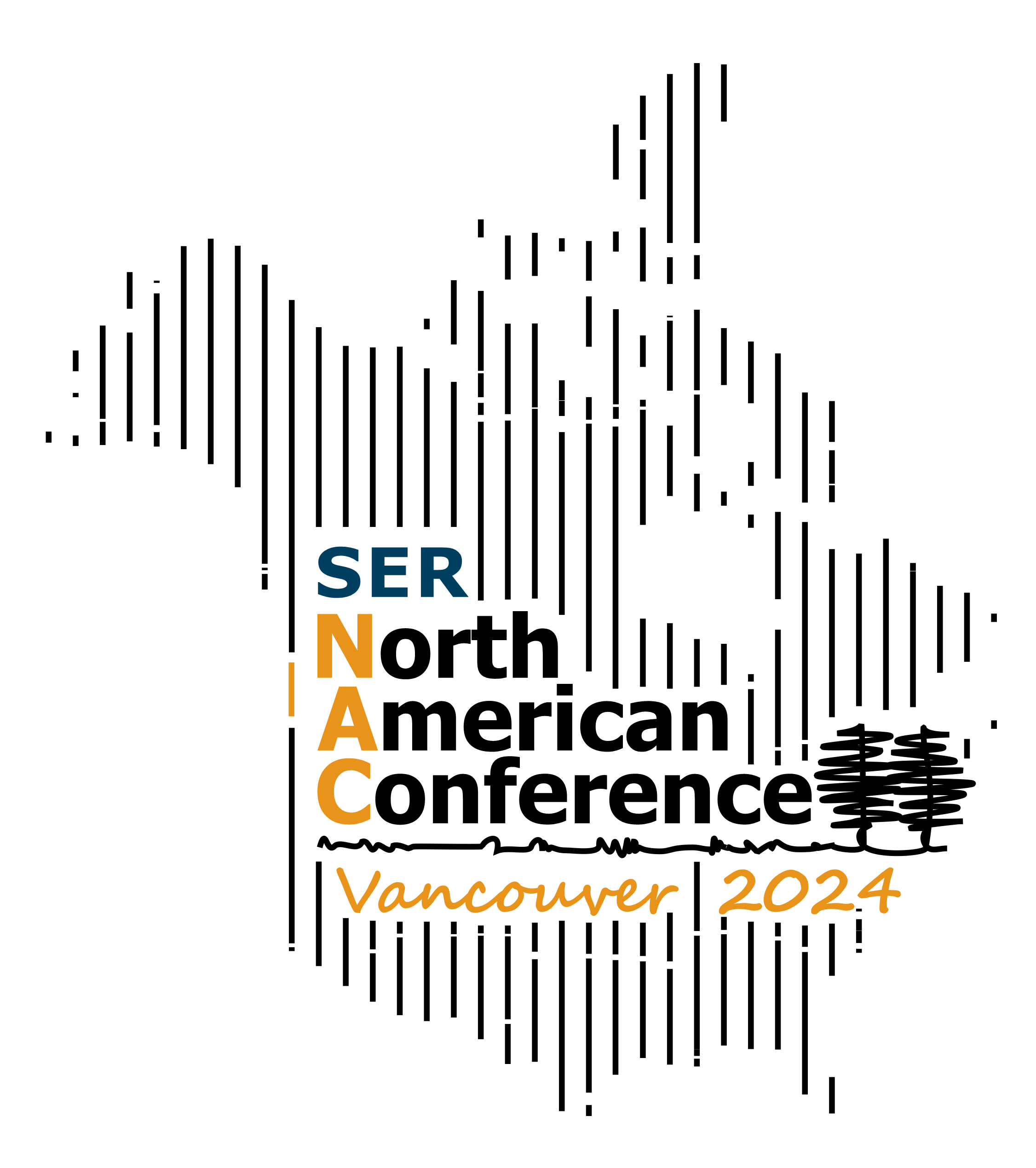Tuesday 29 October, 9:00-10:30 am: Two Plenary Talks with Audience Questions
The Central Grasslands Roadmap and Yellowstone to Yukon Conservation Initiatives both recognize the critical importance of maintaining ecological connectivity across vast landscapes and understand the need for cross border and cross cultural collaborations. Our speakers will highlight how smaller-scale restoration projects play a role in building resilient landscapes and supporting large-scale conservation initiatives.
Speakers
Dr. Jodi Hilty, president and chief scientist of Y2Y is a conservation biologist with over 25 years of experience managing complex large landscape conservation efforts. She works through collaborative community-based approaches that seek to support Indigenous leadership in protected areas and corridor conservation. She has authored several books including Corridor Ecology: Linking Landscapes for Biodiversity Conservation and Climate Adaptation. As the deputy chair of the IUCN Connectivity and Conservation Specialist Group she recently led writing of the 2020 IUCN Guidelines for Conserving Connectivity through Ecological Networks and Corridors.


Meet Maggie Hanna. Maggie joins the Central Grasslands Roadmap Initiative team from the Colorado Cattlemen’s Agricultural Land Trust (CCALT). Most recently, Maggie served CCALT as the Director of External Relations. In her time at CCALT she facilitated conservation easements, supported annual conservation easement monitoring, fundraised and managed the Leopold Conservation Award. Prior to pursuing work in the conservation space, Maggie was a member of El Pomar Foundation’s Fellowship Program, and spent a year in central Oregon as an Americorps volunteer working alongside the Mid-Columbia Economic Development District to develop and implement the Agora Platform, a project sourcing mechanism designed to better connect funders with rural community projects and needs.
Thursday 31 October, 9:00-10:30 am: Panel Discussion with Audience Questions
Across North America and globally there is a growing recognition that effective restoration and conservation are only possible when conducted in a manner that respects and elevates Indigenous leadership and/or meaningful partnerships. Understanding Indigenous worldview, approaches and practices in ecological restoration are fundamental to decolonizing current restoration actions and finding new ways forward. Our special guest panel will feature Indigenous leaders in ecological restoration and conservation from a diversity of nations providing an opportunity for a rich, informative and thought-provoking exploration of the future of restoration practice in North America.
